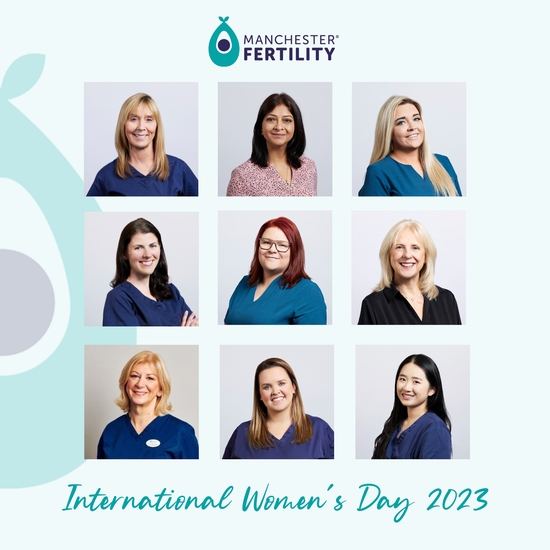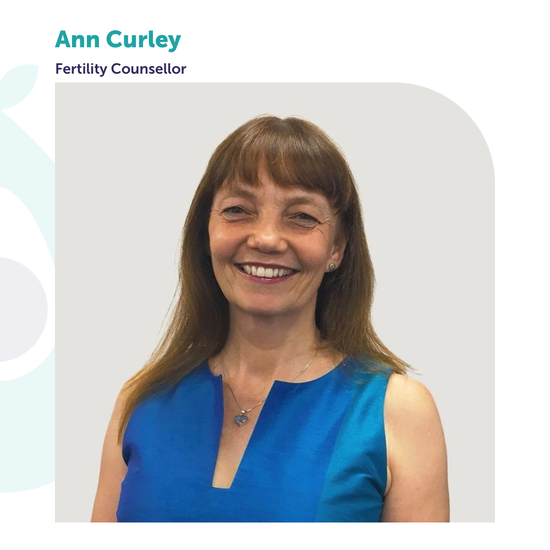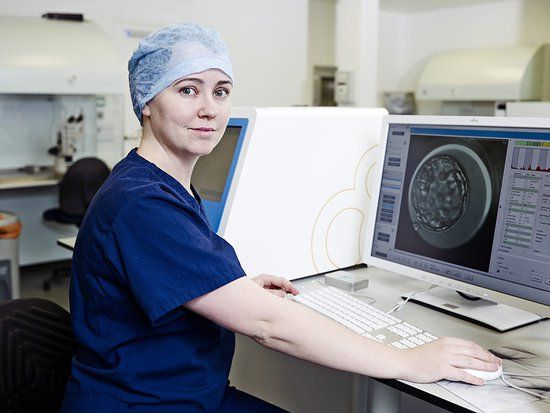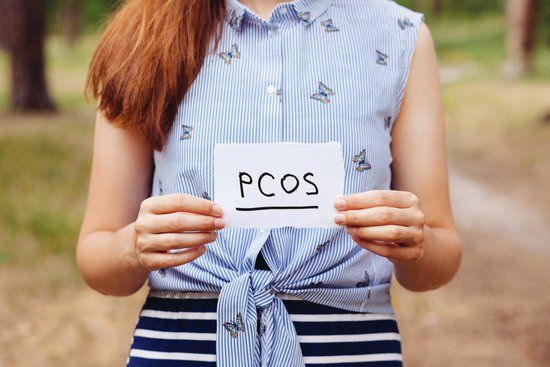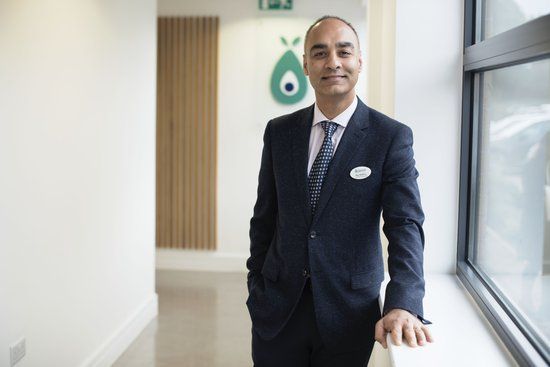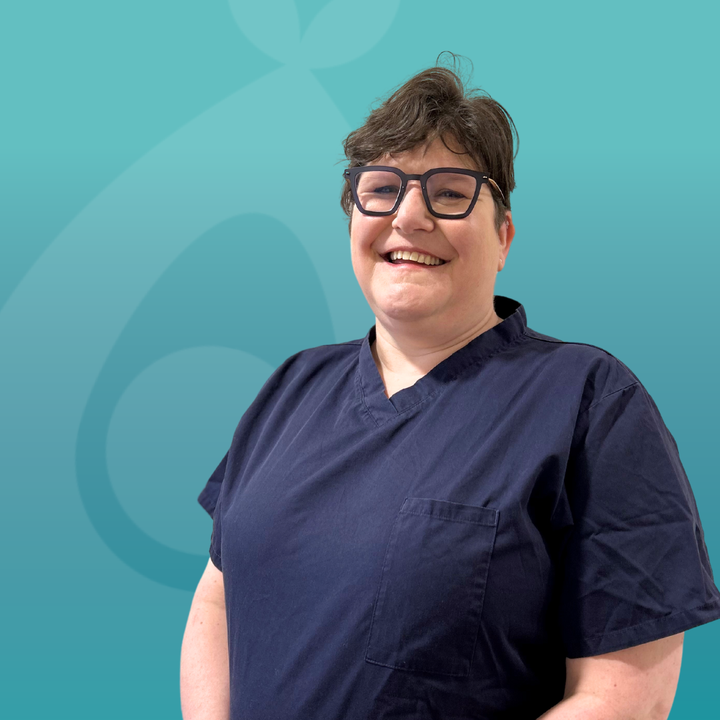
We celebrate Dr. Hunter's Remarkable IVF Research Findings
We are delighted to announce that our Head of Laboratory, Helen Hunter, is now Dr Hunter DClinSci after being awarded a Doctorate in Clinical Science from Manchester Metropolitan University.
The Doctor of Clinical Science, DClinSci, is a Research Degree from the prestigious HSST (The Higher Specialist Scientist Training) Programme, which allows individuals to use their professional knowledge and experience in a theoretical academic framework, in addition to producing original research within their profession.
Helen worked towards her Doctorate for a total of six years. Amazingly, at the same time, she was working full-time as a Principal Embryologist in the NHS and dealing with the challenges of COVID-19.
From colleagues and peers alike, Dr Hunter is an inspiration and a leader in embryology. Since joining Manchester Fertility in April 2023, Helen has been instrumental in developing our expert team of embryologists, andrologists and reproductive technologists.
Since opening the clinic in 1986, Manchester Fertility has been dedicated to cultivating a culture of continuous learning and ongoing scientific advancement in assisted reproductive technologies. This enduring commitment has shaped our legacy, and today, under the leadership of Clinic Directors Dr Debbie Falconer and Jonathan Koslover, Helen and her team have become the highest calibre fertility scientists in the UK. Their unparalleled expertise ensures that our patients receive exceptional care and benefit from the latest technological advancements and research, setting a standard for excellence in the field.
Helen's research formed two parts aimed at improving IVF success rates.
Selection of Frozen Embryos (1 Cell Stage) Via Growth Patterns
One aspect of Helen's research focused on the growth and selection of pronucleate (1-cell) frozen embryos. Due to differences in growth patterns between frozen and fresh embryos at this stage, traditional algorithms like those from the Embryoscope™ couldn't be applied to select the best embryos for transfer.
Impressively, Helen examined over 200 embryos, noting specific checkpoints and observations. Her findings offer valuable insights for clinics dealing with embryos stored at the pronucleate stage, providing guidance on selecting the most promising embryos for transfer in frozen cycles.
Embryo Attachment & Implantation
Helen's second research focus involved the critical stage of embryo attachment to the womb lining, a less-explored aspect of pregnancy. Collaborating with the University of Manchester, she used a 'model' of the endometrium, representing the uterus during embryo attachment.
Helen investigated if a healthy uterine lining could discern between 'good' and 'bad' embryos, allowing only the 'good' ones to implant. By exposing endometrial cells to substances from embryos in IVF cycles, she observed a distinct reaction in the cells to embryos from successful pregnancies, suggesting that 'good' embryos release substances that interact with the uterine lining.
Helen said this was the most exciting prospect arising from her research.
"It would be amazing if there was something we could detect in the media the embryos are growing in, which tells us if that embryo is likely to implant. There is the potential for a non-invasive test of embryo quality in the future.
"On the other side of the endometrial model research is the possibility of testing cells from patients' endometria. The research has shown that normal healthy endometrium responds to factors from good embryos, so future work could make it possible to test the womb lining from patients with repeated IVF failures to see if their endometrium reacts normally or not."
This achievement marks a significant milestone in Helen's illustrious career. Her dedication and passion for reproductive science have earned her this coveted Doctorate and will also lead to recognition as a Fellow of the Royal College of Pathologists.
From everyone here at Manchester Fertility, we could not be prouder.
About the Manchester Fertility Laboratory Team:
Helen leads a team of 20 high-skilled, qualified scientists here at Manchester Fertility, including senior, clinical, pre-registration and trainee embryologists, clinical, trainee and reproductive andrologists, and reproductive technologists. Helen's team comprises scientists at different stages of training and development, including the Higher Specialist Scientist Training and Scientist Training Programmes; many have won prizes and awards for research in their respective fields of expertise.
Beyond their immediate clinical duties, our laboratory staff contribute significantly to the progress of fertility care through continuous research and innovation. Their exploration of new techniques, technologies, and treatment options improves success rates, reduces risks, and improves the overall patient experience. Furthermore, in their wider role, the team supports our patients, guiding them through our range of treatments, procedures, and potential outcomes. They genuinely do offer invaluable support and expertise.
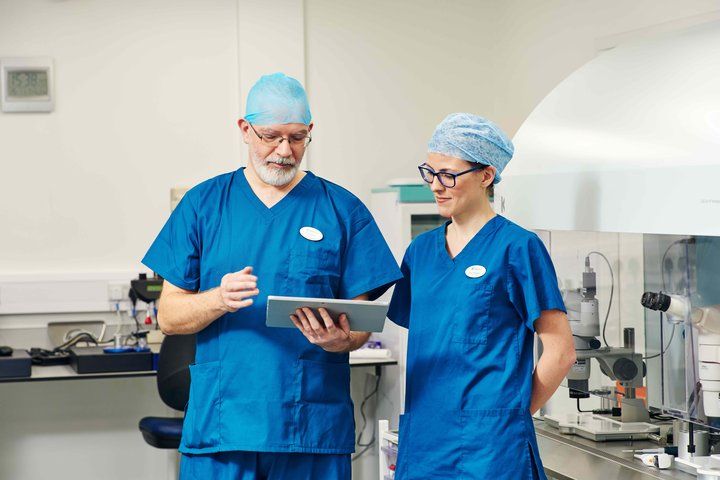
If you'd like to learn more about the fertility treatments and services offered at Manchester Fertility, please contact us to book a free 1-2-1 Discovery Appointment with a New Patient Advisor or reach out to us at 0161 300 2737. Our friendly team is here to assist you.
Last updated: 14th February 2024

